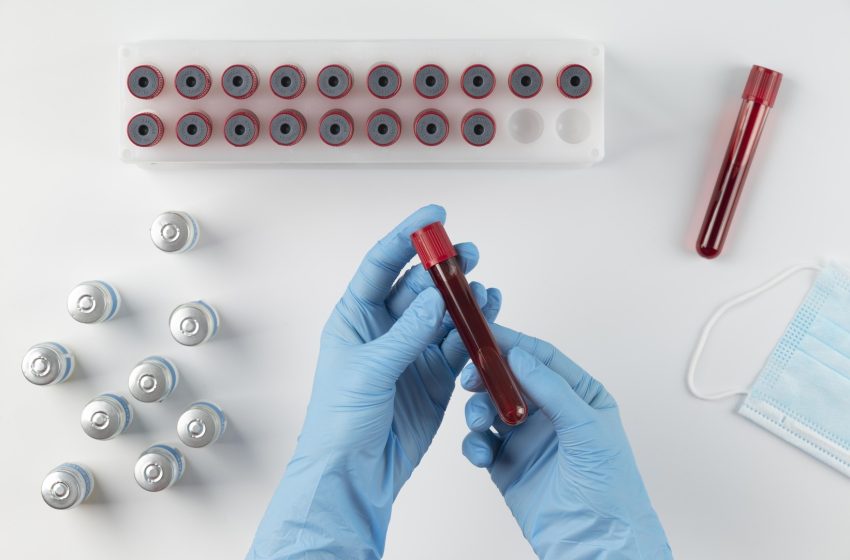Bone Strength Revealed: Interpreting the Bone Profile Blood Test

The Bone Profile Blood Test is a valuable diagnostic tool that helps assess bone health by measuring various markers in the blood associated with bone metabolism. Here’s a breakdown of what each marker typically indicates:
-
Calcium: Calcium is a crucial mineral for bone health. Low levels may indicate calcium deficiency, which can lead to bone weakening and disorders like osteoporosis.
-
Phosphate: Phosphate works alongside calcium to maintain bone strength. Abnormal levels could suggest issues with bone metabolism.
-
Alkaline Phosphatase (ALP): ALP is an enzyme found in various tissues, including bones and the liver. Elevated ALP levels may indicate bone disorders such as Paget’s disease, bone tumors, or bone growth.
-
Vitamin D: Vitamin D is essential for calcium absorption and bone mineralization. Low levels of vitamin D can lead to weakened bones and an increased risk of fractures.
-
Parathyroid Hormone (PTH): PTH regulates calcium and phosphate levels in the blood. Elevated PTH levels may indicate hyperparathyroidism, a condition where the parathyroid glands produce too much PTH, leading to bone loss.
-
Osteocalcin: Osteocalcin is a protein produced by bone-forming cells. Elevated levels may indicate increased bone turnover or bone growth.
-
Bone-Specific Alkaline Phosphatase (BALP): BALP is a form of ALP specifically produced by osteoblasts, the cells responsible for bone formation. Elevated BALP levels may indicate increased bone formation.
-
Type 1 Collagen Cross-linked N-telopeptide (NTx): NTx is a marker of bone resorption, the process by which old bone tissue is broken down. Elevated NTx levels may indicate increased bone turnover or bone loss.
Interpreting the results of a Bone Profile Blood Test requires considering these markers in conjunction with other clinical information and risk factors for bone disorders. Abnormalities in these markers may suggest conditions such as osteoporosis, osteomalacia, Paget’s disease, or hyperparathyroidism. It’s essential to discuss the results with a healthcare professional for proper diagnosis and treatment recommendations.




